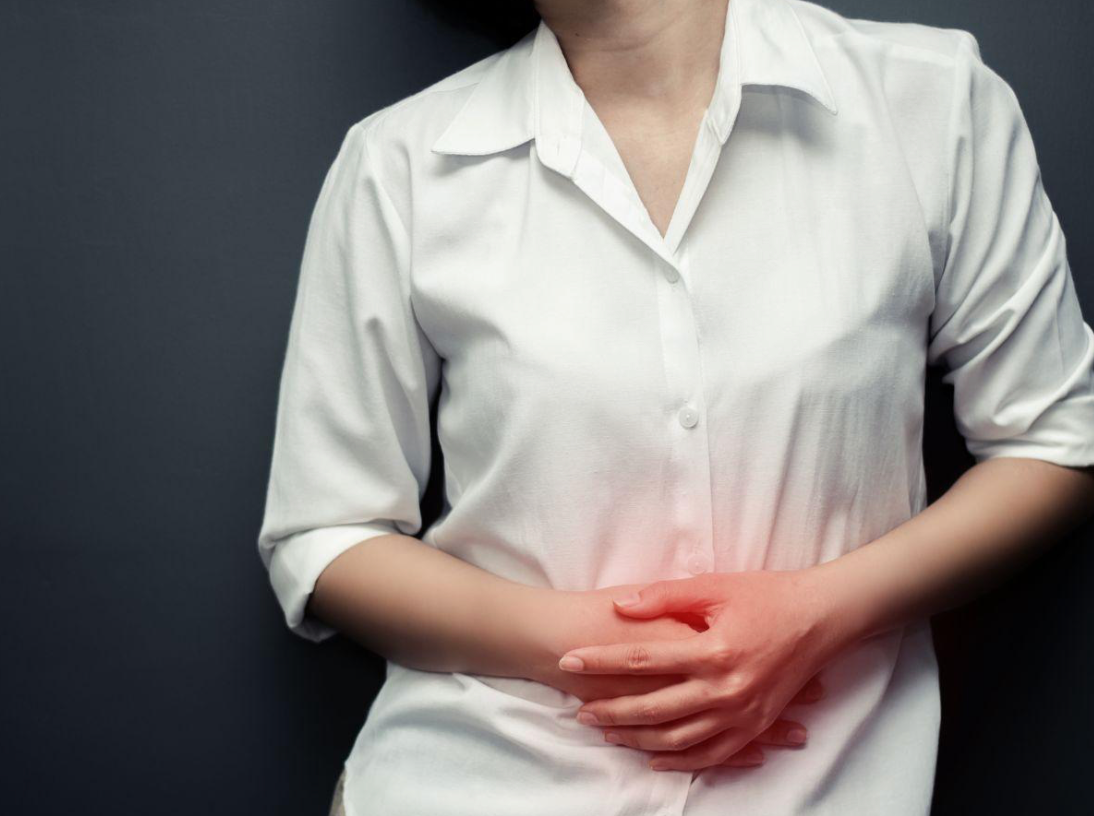
Resources
- Home
- Resources
- Fertility Resources
- Your Best Guide to Understanding Endometriosis
Your Best Guide to Understanding Endometriosis
Share
Endometriosis is a common gynecological problem in fertility centers, and among women who are diagnosed with infertility, endometriosis covers more than 50% of cases. But what is endometriosis exactly? What are the common signs and symptoms? How should it be treated and cared for? NUWA Fertility is here to answer all your questions!





What is Endometriosis?
When uterine endometrial tissue grows outside the uterine cavity, it is termed "endometriosis." This condition can spread throughout the pelvic area and may manifest differently depending on its location. When endometrial tissue grows on the ovaries, it forms chocolate cysts, also known as "endometriomas." If the endometrial tissue infiltrates the muscular layer of the uterus, it's referred to as "adenomyosis."
7 Common Symptoms

Why does endometriosis cause pain? In a normal position, the endometrial cells of the uterus grow, bleed, and shed every month, which is called menstruation. However, when endometrial cells migrate to other tissues or organs, they continue to grow and bleed monthly, but since they cannot shed, that leads to tissue swelling and pain. Additionally, women with endometriosis often experience the following symptoms:
- Menstrual pain
- Abdominal pain
- Pelvic pain
- Pain urinating or defecating
- Pain during intercourse
- Heavy menstrual bleeding
- Infertility
4 Main Causes
Some of the most common causes of endometriosis are:

1. Reflux of menstrual blood
In a normal situation, during a menstrual cycle, the menstrual blood flows out of the physical body from the uterine cavity to the transvaginal canal. But if there’s a reflux of menstrual blood, the endometrial tissue flows backward and reaches the ovaries or abdominal cavity. Once these tissues stay and grow, they will form endometriosis.
2. Blood & lymphatic vessels transport endometrial tissue
Tissues that are supposed to be in the uterine cavity are carried to other parts of the body through blood and lymphatic fluid.
3. Genetic factors
In clinical research, if there are family members who are diagnosed with endometriosis, it is also possible for future generations to have endometriosis.
4. Abnormal immune response
Under normal functioning of the immune system, periodically shedding endometrial cells are cleared away. However, if there is an immune system dysfunction, abnormal endometrial cells may not be recognized or eliminated, leading to their survival in areas such as the pelvic cavity and ovaries.
Who’s at Risk for Endometriosis?
It’s highly recommended to pay extra attention if you belong to one of these high-risk groups!
🚨 20~40 years old women
🚨 Those whose mother or sister has endometriosis
🚨 Infertility
Checking for Endometriosis
It's usually recommended to take these 3 examinations to determine if you have endometriosis.
1. Internal examination
The doctor will place both hands on the uterus to observe symptoms of pain.
2. Imaging examination
Common methods include ultrasound examinations to observe for any structural abnormalities in the uterus and ovaries. Although endometriosis may not always involve structural issues, the presence of conditions like endometriosis or adenomyosis during examination may indicate possible endometriosis problems.
3. Blood test
In blood tests, CA-125 (also known as the ovarian cancer index) is commonly used to screen for women's diseases, with a normal reference value falling below 35 U/ml.
If CA-125 levels exceed 35 U/ml in premenopausal women, it is often associated with benign gynecological conditions such as endometriosis, adenomyosis, or uterine fibroids. Typically, further ultrasound examinations are arranged by physicians to confirm the cause. However, it is important to note that CA-125 levels may also exceed the normal range if blood is drawn during menstruation. Therefore, it is best to wait at least 2 days after menstruation has ended before undergoing blood tests for a more accurate assessment.
Will It Affect Your Fertility?
NUWA Fertility Center doctors want to remind us that different treatments and procedures are judged by the severity of symptoms of endometriosis. If it is severe, it is recommended to evaluate your fertility plans before going into treatment.
If single women are planning for their future fertility, it is recommended to consider egg freezing to preserve their fertility options. For married women, it is also recommended to consider IVF or IUI treatments. The doctor will determine whether or not surgery or medication treatments are needed depending on the patient.
Extended Reading:
Age Limit for Egg Freezing? Egg Freezing Conditions, Process, and Costs
IUI Process, Prices, and Success Rates Explained: Differences Between IUI and IVF
IVF Process Explained: How Much Does It Cost? What’s the Success Rate?
Treatment Options for Endometriosis
Generally speaking, endometriosis can be treated in 2 ways:
| Hormonal medication | Surgery | |
|---|---|---|
| Timing | To counteract discomfort, some hormone medications can be administered via injection or orally to reduce symptom severity, such as oral contraceptives, progestin preparations, gonadotropin-releasing hormone agonists, and general pain relievers. | If there is a negative reaction to medication, or obvious lesions found like endometrioma (chocolate cysts), surgery may be recommended |
⚠️ NUWA Fertility reminder: please follow your doctor’s advice when taking medication.
5 Everyday Self-Care Tips
If there are signs that point to endometriosis, it is recommended to alter and change daily lifestyle habits that can improve and maintain the health of your body, so that any future opportunities for fertility can be preserved!

✅ Diet control
Reduce consumption of high-fat or raw foods, and consume more fish that contains omega-3 fatty acids (salmon, mackerel, saury), magnesium-rich foods (bananas, avocados, nuts), and natural fruits and vegetables (dark, leafy greens are recommended).
✅ Maintain exercise and good stress management habits
Develop and maintain good exercise, and get adequate rest. Adequate rest is also important to not overstress the body.
✅ Avoid environmental hormones
Common environmental hormones include plasticizers, preservatives, heavy metals, bisphenol A, etc. It is best to avoid using heavily scented cosmetics, skincare products, or household items, and to minimize the use of plastic products and consuming food with unclear labeling.
✅ Abstain from intercourse during the menstrual cycle
Engaging in sexual activity during menstruation may cause menstrual blood to flow backward into the pelvic cavity. Additionally, female orgasms can trigger uterine contractions, which may accelerate the movement of menstrual blood. Therefore, it is advisable to avoid sexual activity during menstruation.
✅ Routine checkups
It is recommended to do annual checkups for your uterus and ovaries, and track your CA-125 levels to seek professional help as soon as possible!
If women between 30 - 40 years old are diagnosed with endometriosis, the most common symptom is infertility. Compared to cases where there are no symptoms of endometriosis, those who are diagnosed with it take a lot longer on their fertility and pregnancy plans. Therefore, NUWA Fertility Center gently advises: that if you are preparing for pregnancy and also have endometriosis, it is recommended that you make an appointment for infertility and related tests, to help your journey to be as smooth as possible! 👉Make an appointment online
Author's Information
NUWA Fertility Center
With many infertility experts and more than 10,000 doctors with successful IVF experience, the company has 5 clinics, including 3 high-specification IVF reproduction centers, 2 TCM centers, and 3 international embryo laboratories, which are located in Taipei, Taoyuan, and Taichung.
Main Services: Infertility treatment, IVF, artificial insemination, egg freezing, egg borrowing, and pregnancy preparation. In 2021, NUWA Healthcare will formally cooperate with Dianthus Medical Group to provide one-stop integrated services from preparation, pregnancy, labor, and postpartum care, which will bring the greatest convenience to the patients.👉Learn more about NUWA Healthcare

